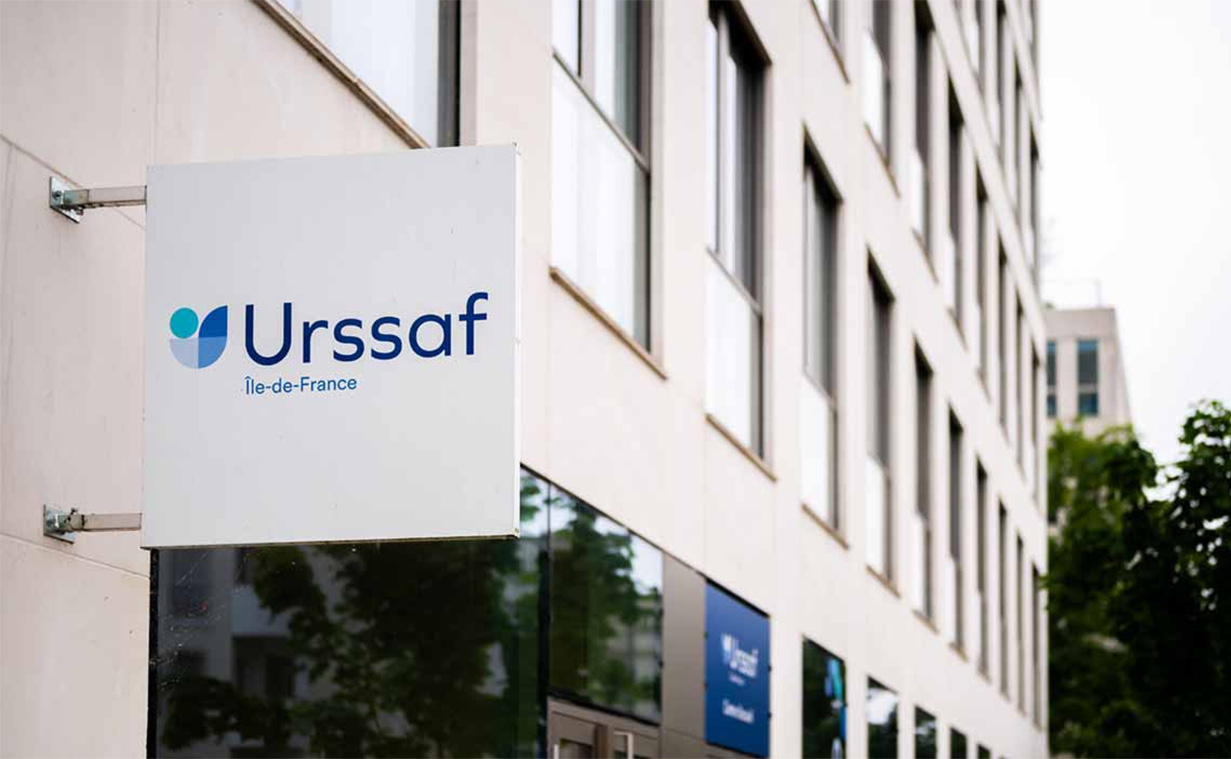Beginning in 2025, France’s URSSAF system will integrate with France Travail to cross-verify employment data in real time—signaling a shift toward greater automation and scrutiny. Combined with a new industry risk coefficient algorithm, this update raises the compliance bar for remote, cross-border, and multi-employment arrangements. For SMEs, social security obligations now involve far more than just contributions—hidden risks include late fees, liability transfer, and retrospective penalties. This article outlines three common errors businesses make when navigating France’s complex social security environment.
Mistake 1: Delaying Declarations for Probationary Employees
Many employers mistakenly believe that social security declarations can be postponed until the end of the probation period. In reality, French law mandates contribution filing within 8 days of the contract’s start date—regardless of probation status. Late declarations incur daily penalties between 0.2% and 1%, and repeated violations can lead to classification as “malicious evasion.” URSSAF views delayed filings as high-risk behavior and applies strict penalties.
Mistake 2: Ignoring Dual Employment Rules
When an employee works for more than one legal entity, social security contributions must be allocated proportionally based on time worked or salary split. Failing to identify and report “multiple employment” may result in the designated “primary employer” (employeur principal) being held liable for the full amount. This rule is especially relevant to hybrid workforce structures, including freelancers and part-time remote workers paid by different business units.
Mistake 3: Misusing EOR Structures as Compliance Shields
Some companies rely on third-party Employer of Record (EOR) services, assuming that outsourcing employment shields them from liability. However, if the business continues to direct work schedules, assign tasks, or evaluate outcomes, French regulators may classify it as the “de facto employer” (employeur de fait). This status overrides contract arrangements and transfers full social security responsibilities back to the original company, triggering backdated contributions, work injury coverage, and even potential legal penalties for undeclared work.
Truerix Compliance Tools: Intelligent Support for URSSAF Obligations
To help businesses stay ahead of URSSAF’s evolving requirements, Truerix is building an intelligent compliance support platform with features including:
- Job & contract prediction tools to recommend accurate declarations;
- “De facto employer” risk analysis to assess EOR exposure;
- Cross-border domicile guidance including A1 logic for remote employees;
- Real-time monitoring of URSSAF regulation and coefficient updates;
- Payslip-audit consistency checks to flag mismatches in declarations.
Our platform is designed to turn complex reporting rules into manageable workflows, helping employers reduce errors, avoid fines, and maintain compliant employment structures.
In France’s increasingly automated and cross-referenced social security system, compliance failures can lead to significant financial and legal consequences. Employers should act now to:
- Submit declarations within legal timeframes, even during probation;
- Track and report multiple employment relationships accurately;
- Review EOR usage to avoid “de facto employer” classification;
- Use smart tools like Truerix to monitor URSSAF developments and safeguard your obligations.
Proactive compliance isn’t just about avoiding penalties—it’s about building sustainable workforce operations in a rapidly evolving European labour landscape.




